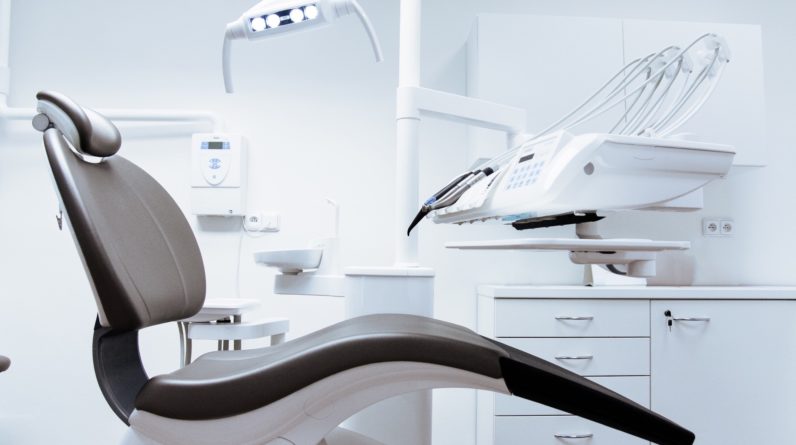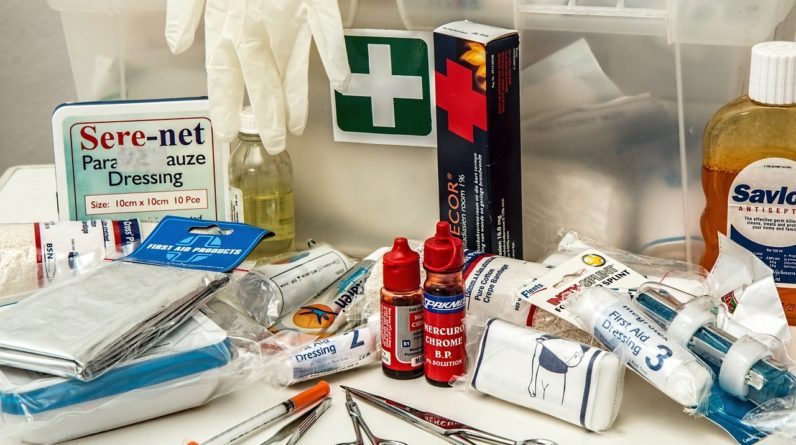
There are many health conditions and medications you might be on which have an impact on dental procedures. In particular, they can be a factor in the use of x-rays, anaesthetics or dental surgery.
While you will have to fill out a comprehensive questionnaire when you register with the dentist, it’s worth also mentioning verbally any special conditions you have or medications you are taking.
Here are some of the main ones your dentist needs to know about
Pregnancy
If you are pregnant, or think you might be, you need to tell your dentist. Dental x-rays are generally considered safe during pregnancy. However, some dentists do prefer to avoid them during the first trimester and to keep them to a minimum during the duration of the pregnancy
Sensitivity
Dentists commonly use anaesthetics which contain epinephrine. Epinephrine is the same as adrenaline that we produce naturally. In anaesthetics, it is used to constrict blood vessels, reducing circulation of the anaesthetic around the body and keeps it in the local area of your mouth for longer.
Dentists use it as it makes the anaesthetic more effective and they don’t need to use as much.
For most people, it works well, but in some people it can cause a reaction very like an anxiety attack. If you start to shake, feel tearful, anxious and restless in the dentist’s chair it may not be that you are nervous of dentists, it may simply be that you react to epinephrine.
If this sounds like you, tell your dentist and they can switch to using something else.
Heart Disease
If you suffer from any heart condition, including high blood pressure, the dentist needs to know. Because the epinephrine (adrenaline) used in many local anaesthetics constrict blood vessels, you may experience a rise in blood pressure.
Let your dentist know and they can use an alternative anaesthetic.
Blood Thinning Medication
Blood thinning medications, such as warfarin, apixaban or heparin, could potentially cause more bleeding than normal when you have dental work done. So it’s best to mention this beforehand.
Antidepressants and Sedatives
If you are taking sedatives (anxiolytics) you need to tell your dentist. They can have an impact on the use of sedation for any dental procedure, by adding to the sedative effect. Or, if you are habituated to such drugs, it will mean you will need more sedation during the procedure.
Because some antidepressants also have a sedating effect, it’s best to let your dentist know exactly what you are taking.
Some antidepressants may also interact with pain relief medication that your dentist may prescribe.
Tricyclic antidepressants e.g clomipramine and amitriptyline, which are often used for insomnia and pain management, can interfere with local anaesthetics.
SSRI (selective serotonin reuptake inhibitor) antidepressants, such as fluoxetine (Prozac) and paroxetine (Paxil), change the way we metabolise and breakdown pain killers. So, if your dentist has prescribed analgesics they will need to know about this, as the medication may be less effective.
Antibiotics
Certain antibiotics, for example, erythromycin, can also change the way sedation may work at the dentist.
Chemotherapy
If you are receiving chemotherapy and getting mouth sores as a result, you should probably avoid having your teeth cleaned at the dentist as it could make the sores worse.
Chemotherapy can also cause you to have a low platelet count which could mean you bleed more during dental work.
Parkinson’s Disease
Let your dentist know if you have Parkinson’s disease. Some medications used for this neurological disease can interfere with certain local anaesthetics.
READ MORE:





